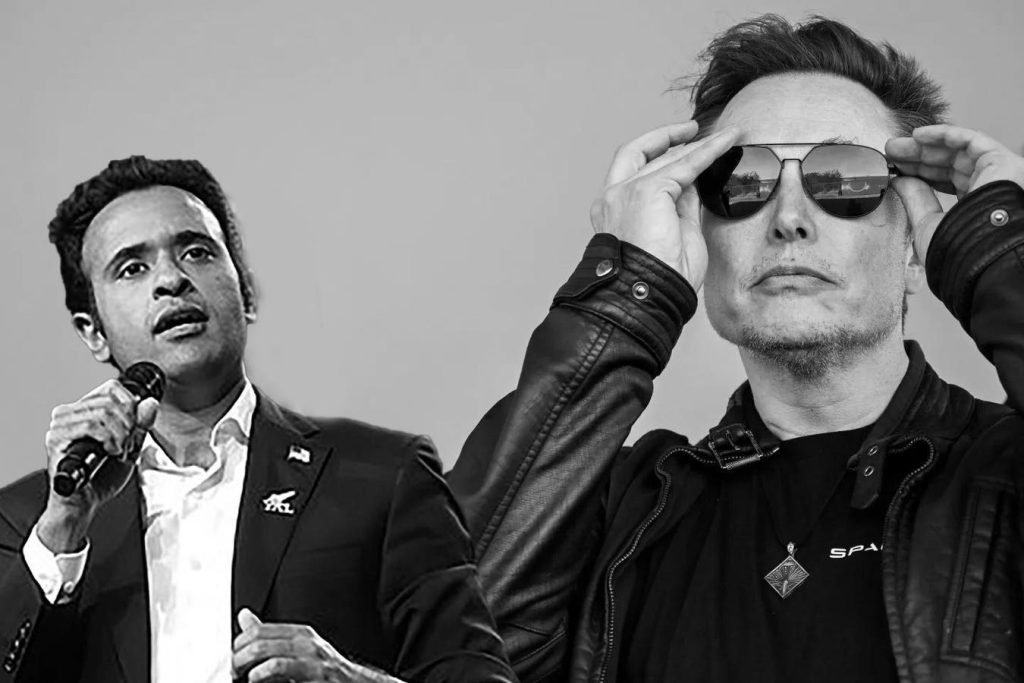The incoming Trump administration is making waves with its newly proposed agency, the Department of Government Efficiency (DOGE), which aims to cut excesses and inefficiencies in government. Reports suggest that the agency plans to hire 100 full-time employees primarily from Washington, D.C., attracting a diverse crowd of individuals ranging from seasoned executives to recent college graduates eager to make a significant impact. This initiative, compared by Trump to the Manhattan Project for its ambitious scope, aspires to dismantle bureaucratic hurdles, reduce unnecessarily stringent regulations, eliminate wasteful spending, and restructure various federal agencies. With expectations set to foster an intense work environment reminiscent of projects at Elon Musk’s businesses, DOGE is on the lookout for candidates prepared to commit 80-hour workweeks with little to no compensation.
The driving force behind the urgency of DOGE’s work stems from its aggressive timeline, mandating substantial progress before the Fourth of July, 2026, as a gift to the American populace. For many aspiring candidates, the prospect of joining this high-stakes venture outweighs the challenges posed by the demanding schedule and uncertain outcomes. Candidates flocking to DOGE are largely motivated by a mixture of personal ambition, idealism, and the desire to contribute to a transformative movement in the government sector. From young software engineers looking to bring innovative solutions to public service to established founders wishing to leverage their expertise, there is an evident surge of interest in this unconventional opportunity.
Among those interested, Chinmay Singh, a startup veteran, typifies the applicant’s passion and creativity, crafting a pitch to highlight his capabilities in addressing healthcare inefficiencies. His approach of sending his resume through the social media platform X illustrates the unconventional nature of the application process, as DOGE had advised prospective candidates to prepare for a rigorous battle against government inefficiencies. Despite this, the excitement surrounding the mission is palpable, with applicants recognizing the rarity of being able to influence significant change in a structured government context.
The diversity of candidate backgrounds adds depth to DOGE’s potential workforce, fostering a shared vision among individuals keen on challenging the status quo. Perspectives range from those who see a deregulatory push as vital to revitalizing American ideals to others who prioritize balanced reform for the sake of existing government employees. Many hopefuls express sympathy for those who might lose jobs as efficiencies are implemented, while also emphasizing the innovative possibilities for collaboration between tech startups and government agencies. Through this lens, DOGE becomes more than just a government cutback initiative; it is portrayed as an incubator for entrepreneurial spirit and civic engagement.
However, skepticism is still prevalent regarding DOGE’s potential for meaningful change, given historical setbacks associated with similar efforts, notably the Reagan-era Grace Commission aimed at reducing wasteful government expenditures. Not everyone is naive about the uphill battle ahead; indeed, many applicants acknowledge the long odds against achieving the sweeping transformation DOGE envisions. Yet, they argue that the chance of succeeding in reform justifies the risk, considering the significant societal overhaul at stake. Collectively, these individuals seem to embrace a belief that even minor victories within the bureaucratic labyrinth can have far-reaching implications for public governance.
Furthermore, beyond ideology and civic ambition, the allure of joining DOGE also encompasses potential career benefits. Many applicants view this experience as an opportunity for unique professional development, drawing parallels between their aspirations at DOGE and the career trajectories of notable tech leaders. The parallels drawn to influential organizations like the “PayPal Mafia” underscore a multi-dimensional appeal to applicants—where patriotism, ambition, and professional networking converge within the framework of public service. As this nascent organization prepares for its official launch following Trump’s inauguration, the mix of idealism, aspiration, and pragmatism among its applicants highlights the high stakes and broader implications of their mission, as well as the hope they harbor in defining the future trajectory of government efficiency in America.

